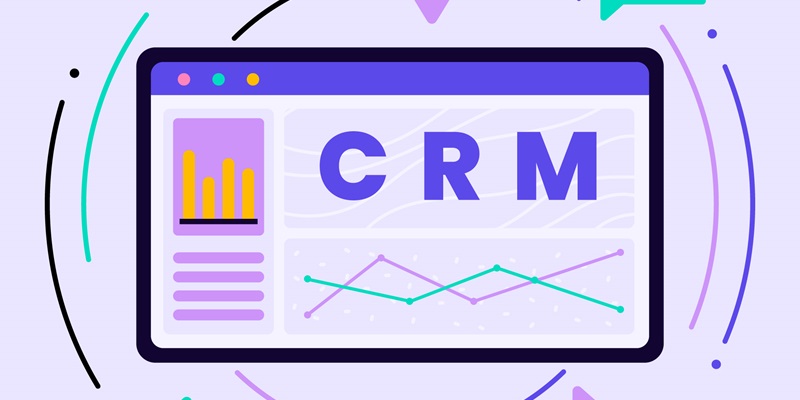In the exciting world of business, where transactions happen at the speed of light, the key to long-term success lies in more than just selling a product or service. It’s about building relationships, understanding your customers, and making them feel valued. This is where Customer Relationship Management (CRM) comes into play – acting as an indispensable tool that helps manage and cultivate these vital connections. At its core, CRM is like having a personal assistant for your business relationships, keeping track of every interaction and optimizing your customer interactions from start to finish.
The Importance of Relationship Building in Business
In a highly competitive market, building strong and meaningful relationships with customers is paramount for long-term success. By establishing a connection and understanding their needs, businesses can cultivate trust and loyalty. Customer Relationship Management (CRM) assists in this process by providing the necessary tools to capture and analyze customer data, enabling businesses to personalize their approach and deliver exceptional experiences.
CRM as a Personal Assistant for Business Relationships
One of the fundamental functions of CRM is managing customer interactions. It serves as a centralized database that stores vital customer information, helping businesses keep track of every touchpoint – from the first “hello” to the latest purchase. With CRM, businesses can easily access past interactions, preferences, and purchase history, allowing for a more informed and personalized approach.
Leveraging CRM for Data Insights
One of the superpowers of CRM is its ability to transform data into insights. By analyzing customer behavior and preferences, businesses can gain valuable insights that drive decision-making. CRM enables businesses to identify patterns, trends, and customer segments, allowing for targeted marketing efforts and an optimized customer experience. With a comprehensive view of customer data, businesses can tailor their approach to meet individual needs, ensuring maximum customer satisfaction.
Effective Communication with CRM
CRM ensures that your messages reach the right inbox at the right time. By automating communication, businesses can save time while ensuring customers feel acknowledged and appreciated. With CRM, businesses can set up personalized communication workflows, sending targeted messages based on specific customer segments, purchase history, and engagement levels. This not only enhances customer engagement but also improves overall efficiency and customer retention.
Personalization and Tailoring with CRM
One-size-fits-all approaches are no longer effective in today’s dynamic marketplace. With CRM’s powerful capabilities, businesses can personalize interactions based on customer history. By leveraging customer data, businesses can deliver targeted offers, recommendations, and promotions that align with individual preferences and behaviors. The ability to tailor interactions increases customer satisfaction, improves conversions, and fosters a sense of loyalty and connection.
The Ripple Effect of CRM
Investing in CRM doesn’t just benefit your business; it creates a ripple effect that extends to your customers. By centralizing customer data and providing a seamless experience, businesses can deliver exceptional customer service, build strong brand advocacy, and ultimately drive customer loyalty and retention. Additionally, CRM enables businesses to anticipate customer needs and proactively address pain points, significantly improving the overall customer experience.
In an increasingly competitive business landscape, the importance of CRM cannot be overstated. By building and nurturing relationships, understanding customer needs, and leveraging data-driven insights, businesses can gain a crucial edge. So, whether you’re a small startup or an established enterprise, investing in CRM is a strategic move that offers long-lasting benefits. It’s time to enhance your business relationships and take your customer experience to new heights with the power of CRM. Embrace CRM today and unlock the full potential of your business.

